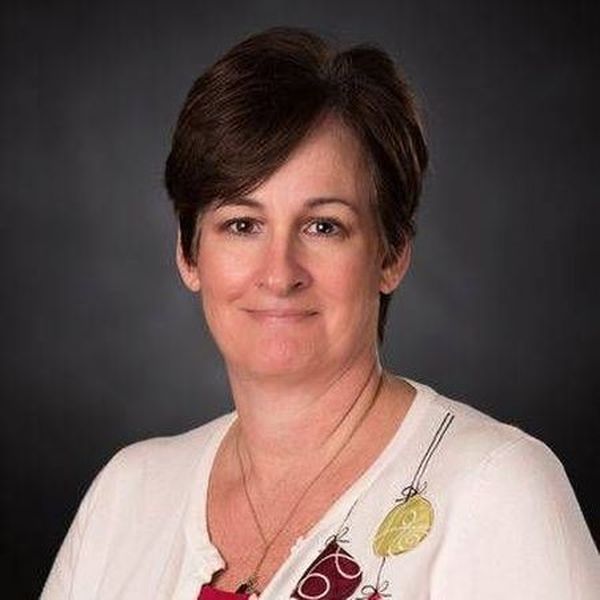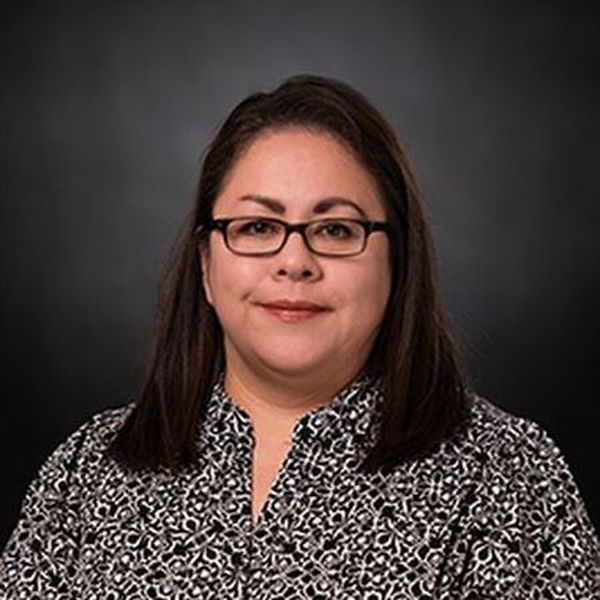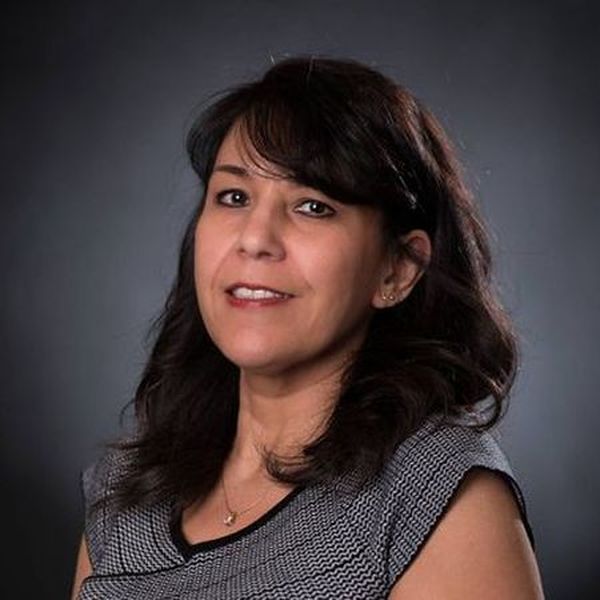Clerkship Phase

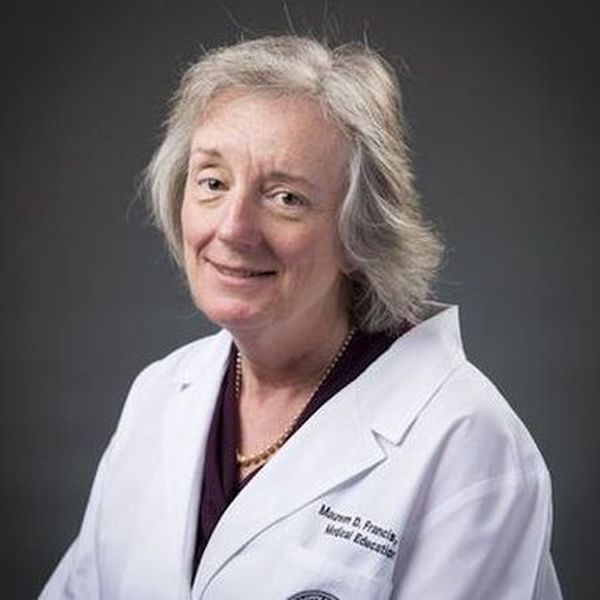
Maureen D. Francis, M.D., M.S.-H.P.Ed., MACP
Associate Dean for Medical Education, Office of Medical Education
Professor, Department of Medical Education
Clinical Professor, Department of Internal Medicine
915-215-4333
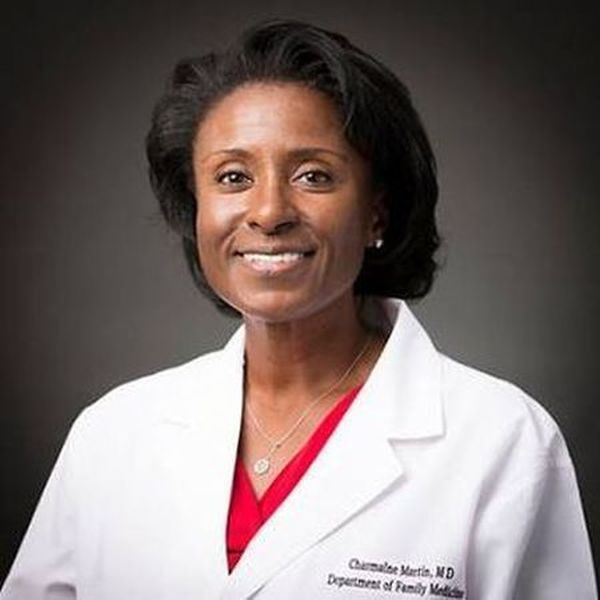
Charmaine A. Martin, M.D.
Associate Professor
Associate Dean of Student Affairs
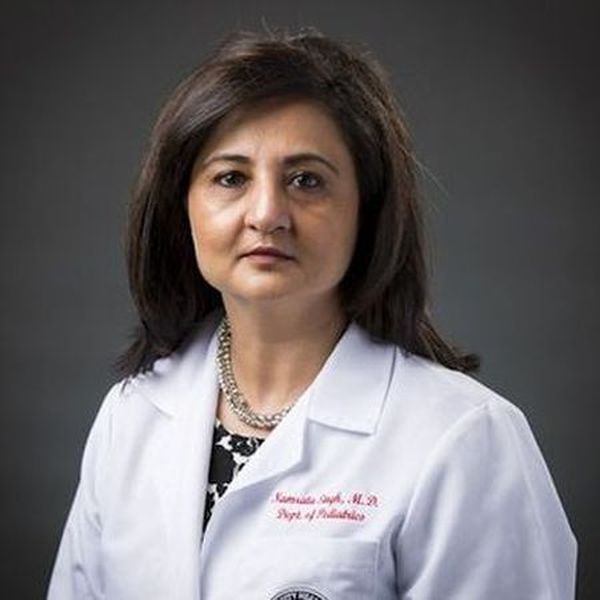
Clerkship Administrative Staff
